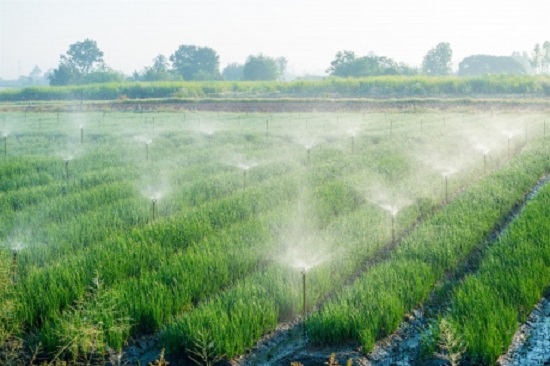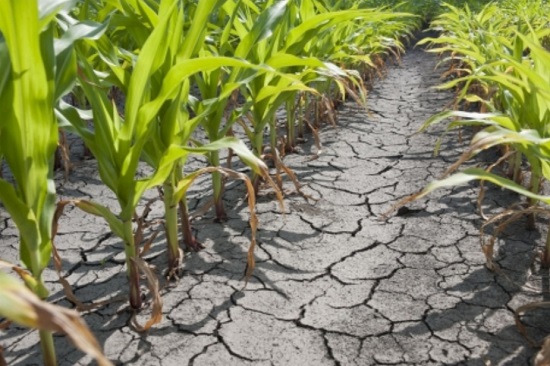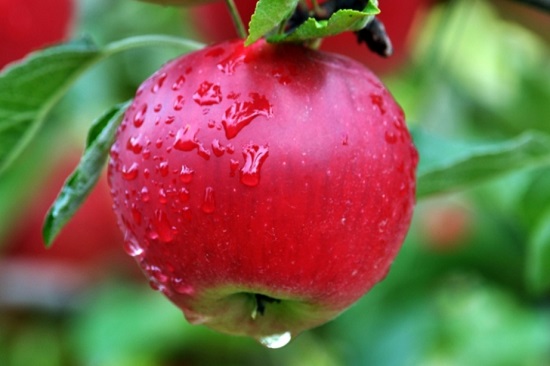| News Details |
Freshwater scarcity – one of the biggest challenges of our time
2023-09-20

Dr. Ehab Mohammed Al-Shabani
Ministry of Agriculture – Agricultural Research Department
If we don't change our habits now, global water demand could increase by 50% by 2030 (FAO, 2018).
Water is essential for agricultural production and food security, and is the lifeblood of ecosystems, including forests, lakes and wetlands, on which food and nutrition security for present and future generations depends. Increasing water scarcity is now one of the major challenges to sustainable development, and it will become even more urgent as the world's population continues to grow, living standards increase, food systems change, and the effects of climate change intensity.
Did you know that according to the diet we need an amount of between two thousand and 5 thousand liters of water to produce the daily food consumed by one person, as the world population is estimated to reach 10 billion people by 2050, and the demand for food is expected to increase by more than 50 percent, and evidence indicates that two-thirds of The world's population could live in water-deficit countries by 2025 if current consumption patterns continue, and in order to achieve a world without hunger by 2030, We need to take action today and there are only three areas where we can work to save this precious resource:
1- Agriculture:
Agriculture is a major cause of water scarcity and suffers from this shortage at the same time, accounting for about 70 percent of all water pumping, and up to 95 percent in some developing countries, but there are improvements we can achieve in terms of how water is used to produce food, the choice of crops, for example, greatly affects the amount of water required, Did you know that legume crops have a small water footprint that means that the production of one kilogram of lentils It only needs 1250 liters of water, compare this to the amount of 13,000 liters of water needed to produce one kilogram of beef!


2- Climate change:
Water scarcity is expected to worsen as a result of climate change and is expected to lead to rising temperatures around the world. Frequent and severe drought has an impact on agricultural production. While high temperatures are reflected in the increasing demand for water for crops. In addition to improvements in water efficiency and agricultural productivity, we must take action in the use and reuse of freshwater resources surrounding crops, and increase the safe use of wastewater. This will not prevent drought, but it can help prevent drought from leading to famine and socio-economic chaos.
3- Food loss and waste:
Every year, a third of global food production is lost or wasted – translating into a volume of agricultural water about three times the size of Lake Geneva. We can all make small changes in our daily lives to reduce food waste, by cooking dishes from leftovers and buying only what we need.

4- Diet regimes:
Water is often used inefficiently in the food value chain in addition; key decisions such as the choice of sites, technology and suppliers are often made without taking into account the effects of this process on the availability and quality of water resources, especially when water is not a limiting factor either in quantity or in terms of price. Researchers must propose effective solutions to ensure that water use in agriculture is made more efficient, productive, equitable and greener. This involves producing more food with the use of less water, building the resilience of farming communities to floods and droughts, and applying clean water technologies that protect the environment.
Water scarcity is at the core of sustainable development and it's simply because we can't grow the food we need if we don't have enough water! We must change our habits and act now to protect this precious resource, which is one of the most important ingredients to achieve a world without hunger!
#university_of_anbar
#Upper_Euphrates_Basin_Developing_Center









